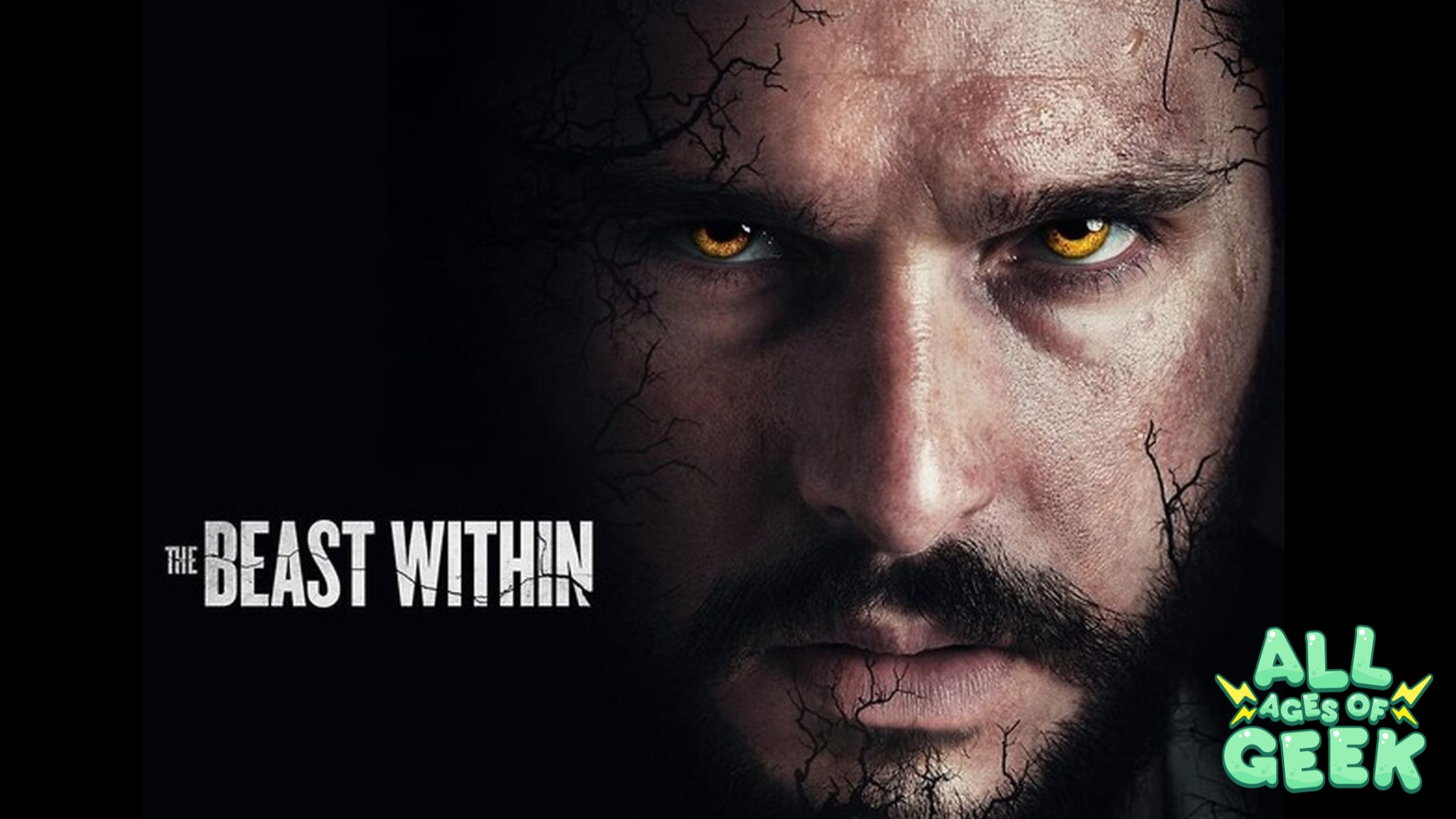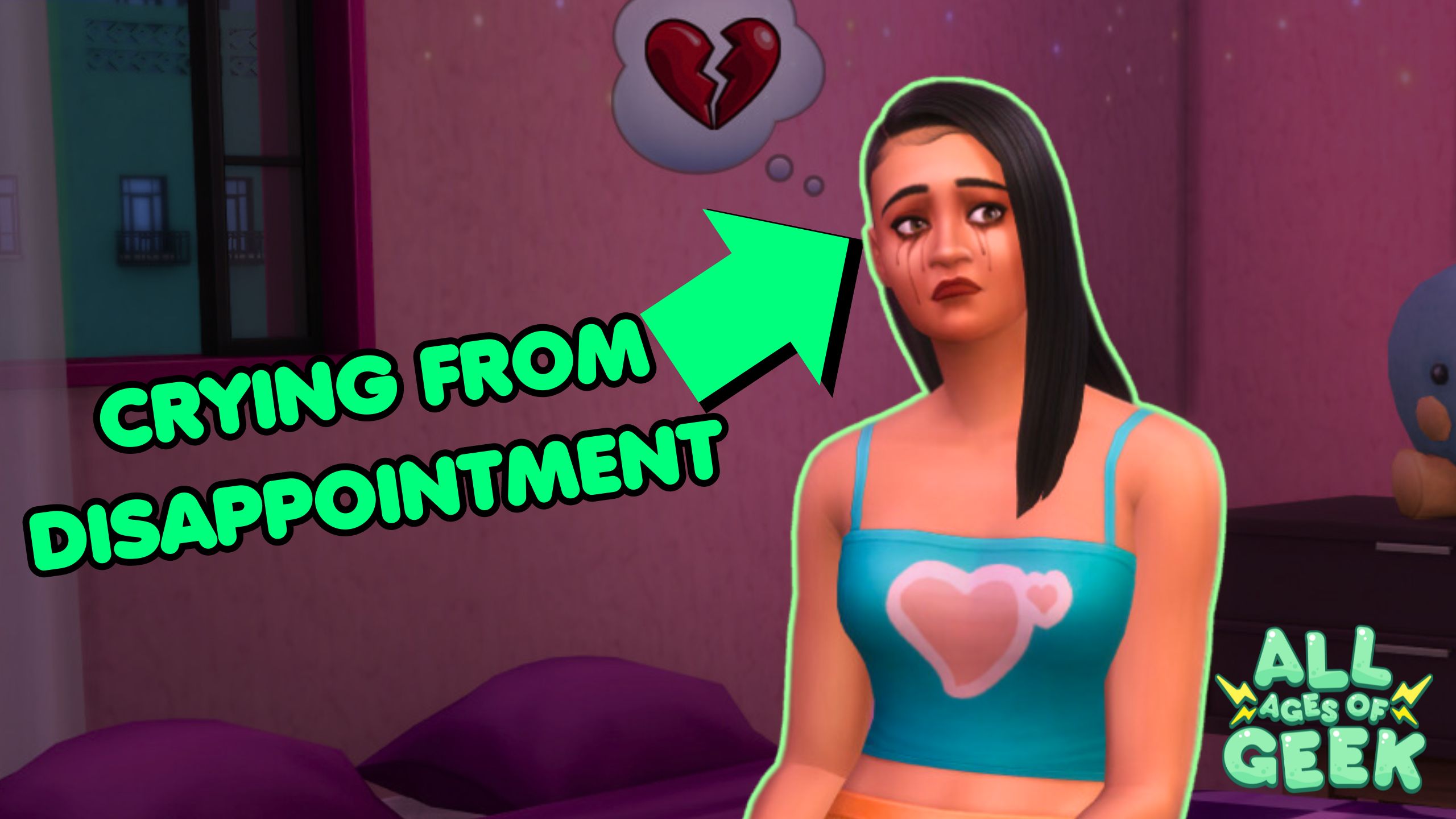As technology continues to evolve into our everyday lives, many forms of media have depicted this new age of reality where humanity relies on it for most of their lives. It is what The Pod Generation depicts, a new film from Sophie Barthes that makes its debut at the Sundance Film Festival. The sci-fi flick puts on the lens of a future where parenting becomes a technological innovation in which women are no longer required to become pregnant to have a child, it is artificially made by a tech company. What Barthes has created is a world that is beautiful and could be much closer to the reality we live in now. It gives a satirical look at how technology can consume a person and raises the ethical questions of parenthood in the digital age.
The Pod Generation follows Rachel (Emilia Clarke) and Alvy (Chiwetel Ejiofor), a New York-based couple living in a not-so-distant future where technology and artificial intelligence have integrated into everyone’s daily lives. Rachel has always wanted a child of her own but can’t seem to conceive one with her husband. An opportunity presents itself to Rachel when a tech company she works for offers her a spot at the Womb Center, a place where couples are given a chance to have their baby through a pod acting as an artificial womb. Alvy, who is a botanist who embraces the work of nature, would rather have a natural birth. With the opportunity presenting itself, both Rachel and Alvy decide to have the baby artificially in a pod. Throughout the film, the couple realizes that having a baby through technology comes with big challenges that are not so different from having one naturally.
Barthes’ film, The Pod Generation presents a humorous look at parenthood with the debate of nature and technology. In this technologically advanced society, it is AIs that create nourishment, help with work, and detect how a person is feeling. With apps and AIs running a person’s daily life, it isn’t so far-fetched to see how our world can end up mirroring the film. Rachel has embraced technology as part of her job and sees that having a baby naturally could be a burden on her career, so she takes the artificial route to skip the pain of carrying a child inside her and avoiding to put her career on hold. Barthes takes on the subject of childbirth with technology becoming a part of our everyday life. It will certainly get audiences to think about the morals that come with relying on tech to produce a child.
What the film’s subject tackles may not sit right with people due to its funny approach to its storytelling. Seeing Rachel experiencing weird dreams of having a child and making a connection to women having natural pregnancies will certainly gain the attention of viewers, perhaps in a negative light. But, it is Barthes who has managed to balance the satirical components of the script with some seriousness to get viewers invested in the story. The film gets to explore how good and bad technology can be when it comes to parenting. It sends a message of how society has relied heavily on technology so much that nothing else tops it.
The chemistry between Ejiofor and Clarke helps humanize the story to its core. Clarke does a good job of evoking some quirkiness in her character and puts some emotion into it when the scene demands it. However, it is Ejiofor who delivers and commands the screen with his performance. His character makes a quick turnaround once he becomes attached to this pod that is carrying his child. We get some heartwarming and funny moments with Alvy as he does everything he can to take special care of this detached womb as a soon-to-be father. The story can be a bit mundane at times, but it is Clarke and Ejiofor who make the film entertaining to watch throughout its whole runtime.
The Pod Generation brings a lot of humor to tackle humanity’s over-reliance on technology while also exploring a possible future where children are born artificially thanks to the investment of tech giants. There are heavy themes that the film explores when it comes to nature versus technology, and the production design helps brings that to the forefront. Barthes’ puts out an interesting script that is elevated thanks to Ejiofor and Clarke’s performances. The film will have viewers talking after the film ends and raises some important conversations to be had regarding parenting and how technology has somehow fit into it.










